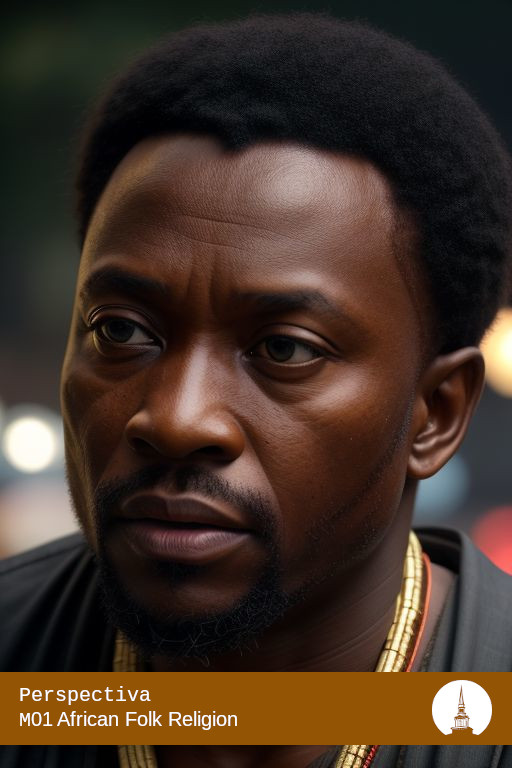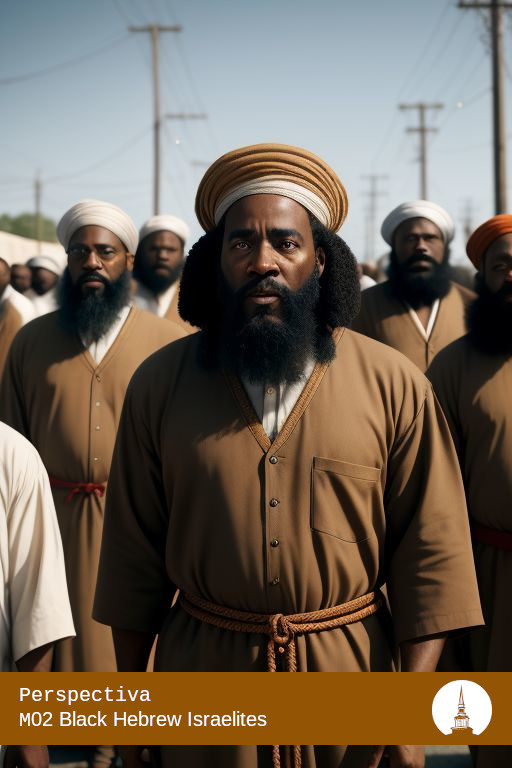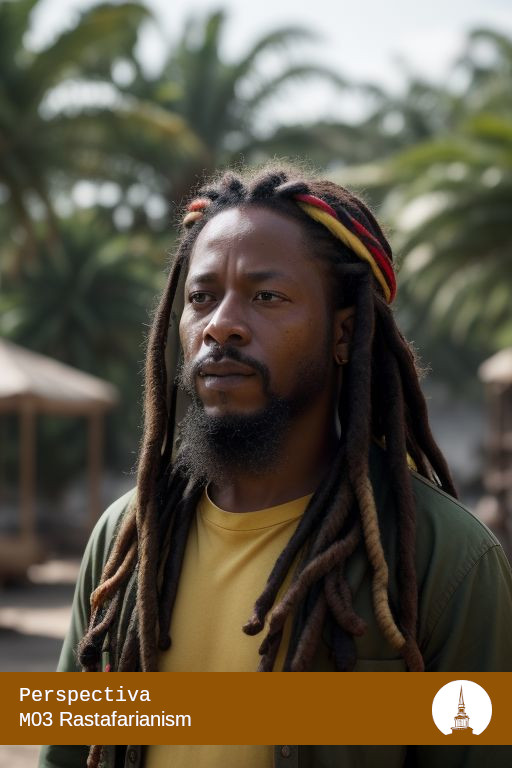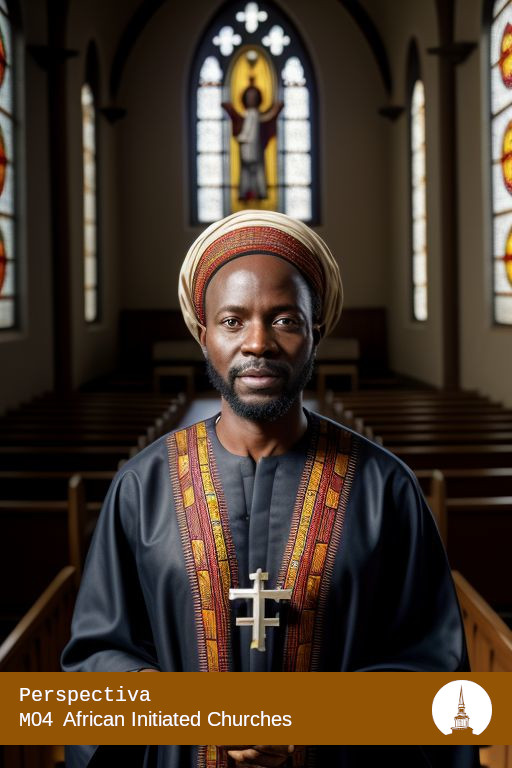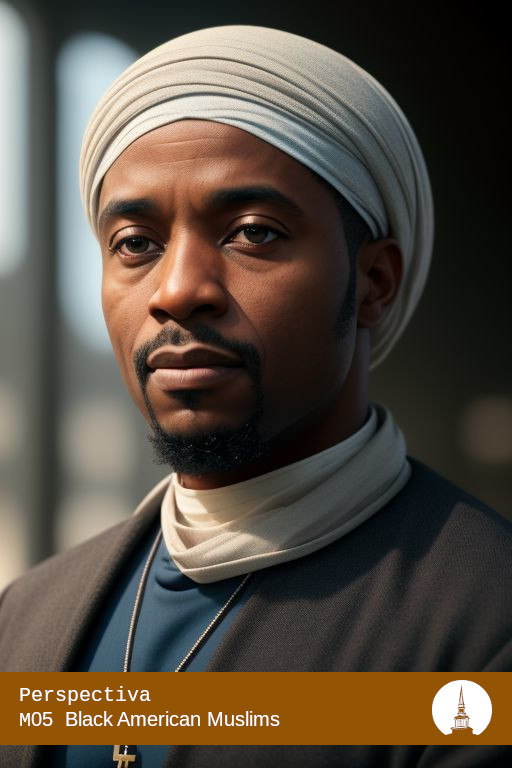Cluster M: African Religions
African Religions, including Ifá Orisha and Vodou, honor ancestral traditions, connect to African heritage, and often fuse with Christianity, reflecting cultural resilience.
The African Religions cluster group in the United States encompasses a diverse array of spiritual traditions and movements, each with its unique customs and practices. Despite their differences, these lifeways share common ideas and themes that resonate with their African heritage and the experiences of the African diaspora.
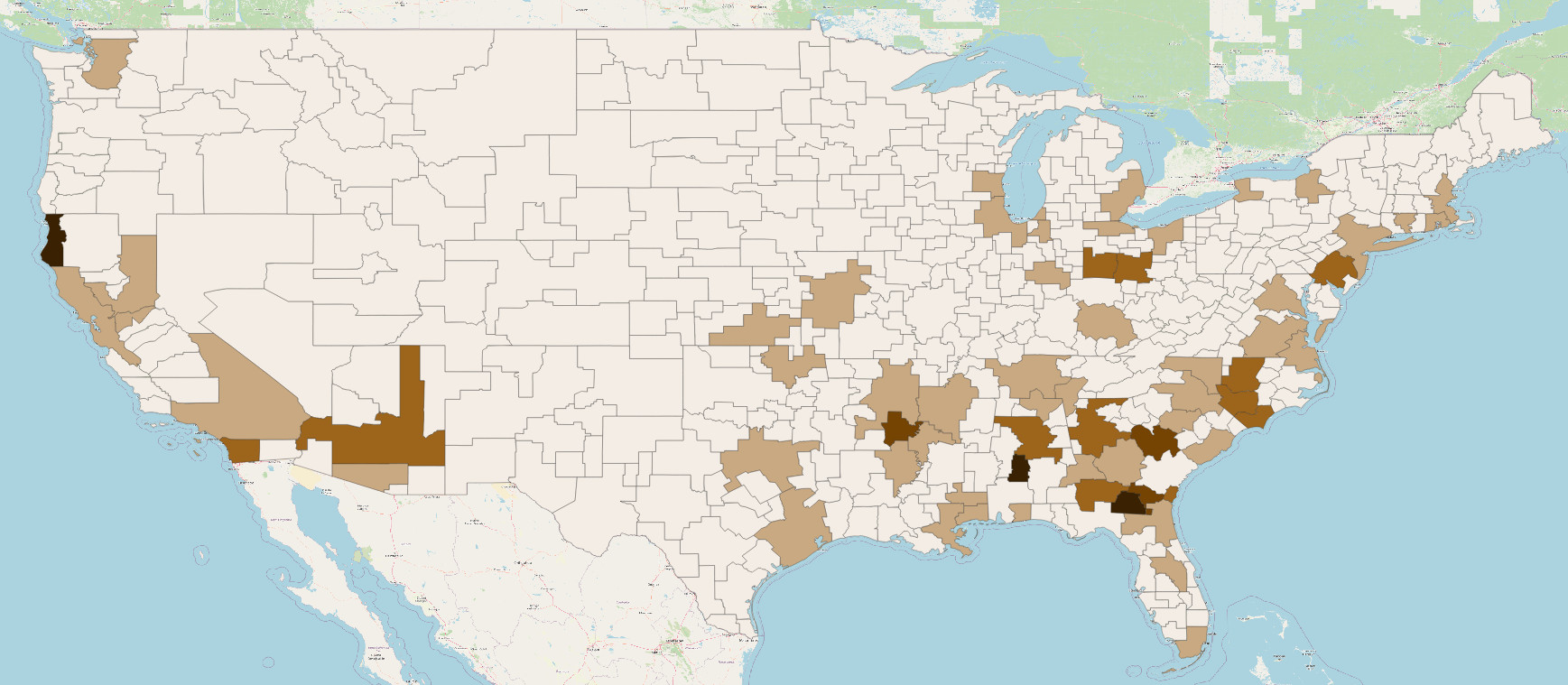
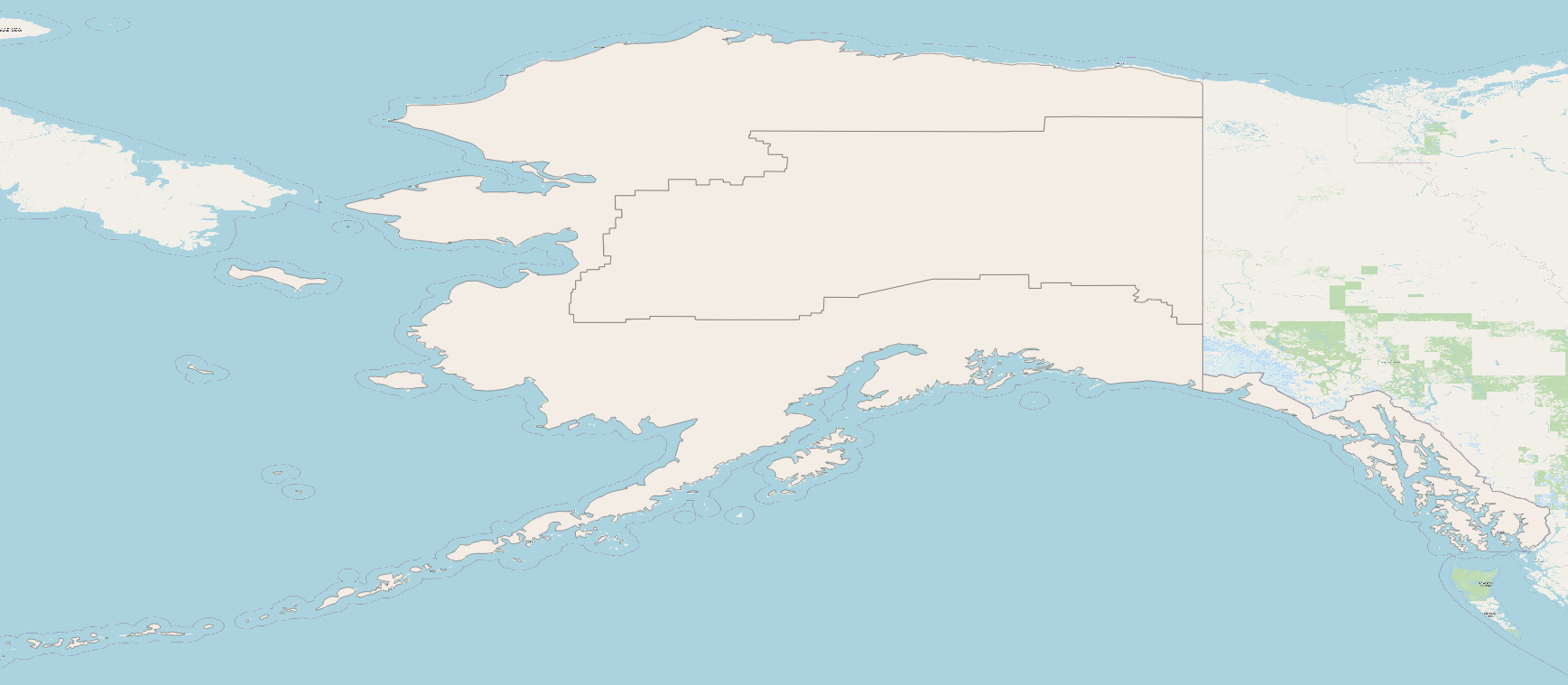

The darkest areas in the thematic density map indicate the places with the highest percentage of population.
Deep Reverence for Ancestral Traditions
A fundamental commonality is the deep reverence for ancestral traditions and a connection to the African homeland.
Enduring Influence of African Spirituality
These belief systems, including Ifá Orisha, Igbo, Santeria, Vodou, and others, celebrate and preserve their African heritage through rituals, ceremonies, and practices that honor ancestral spirits. These traditions reflect the enduring influence of African spirituality within the American context.
Fusion of African Spiritual Beliefs with Other Religions
Another shared theme is the fusion of African spiritual beliefs with elements of other religions, often Christianity. For example, African Initiated Churches blend indigenous African traditions with Christian theology, creating a unique synthesis of faith and culture.
Blend Veneration with African Pride and Resistance to Oppression
This blending is also evident in Rastafarianism, where the veneration of Haile Selassie intertwines with African pride and resistance to oppression.
Blend Diaspora Culture with World Religions
African-American Muslims represent another facet of this cluster, embodying a rich intersection of African-American culture and Islamic faith. Their history, marked by figures like Malcolm X and organizations like the Nation of Islam, reflects a journey of spiritual exploration, social justice advocacy, and cultural resilience. Black American Muslims navigate the complexities of multiple identities, bridging their African-American heritage with the values of Islam.
